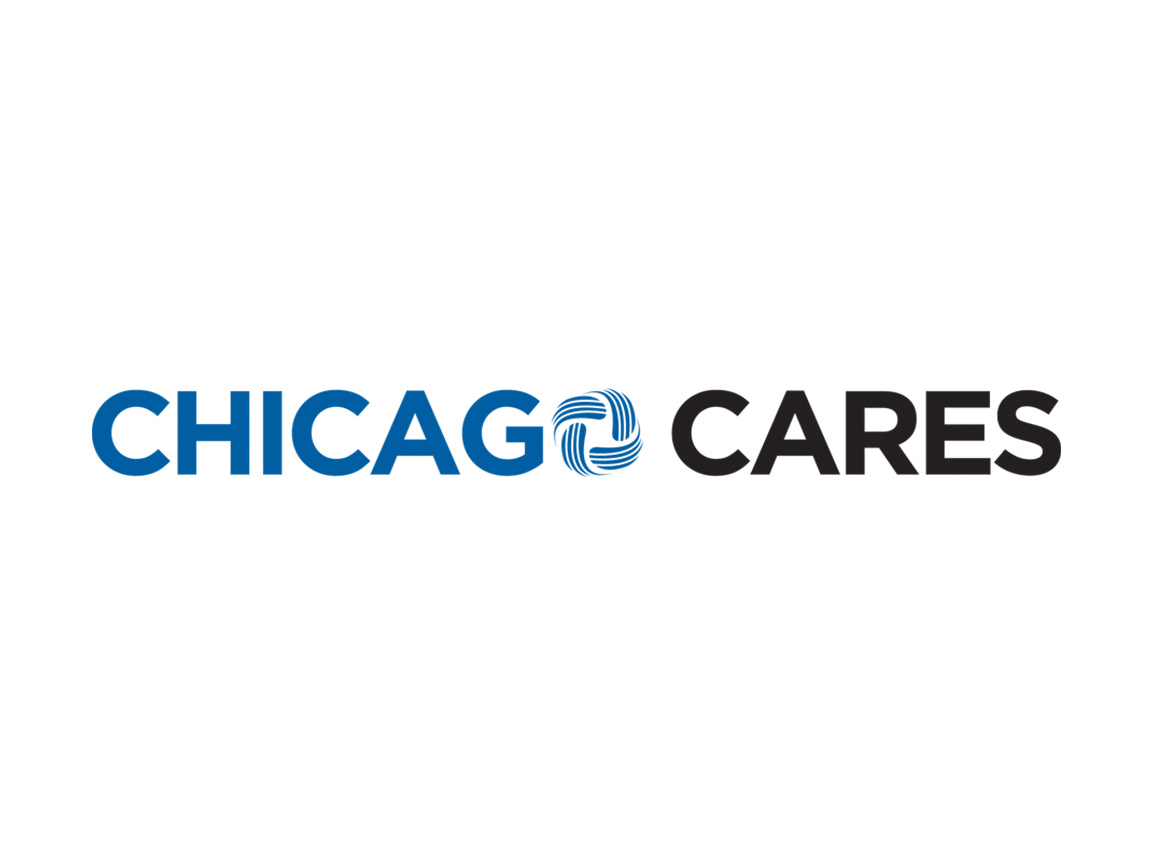When Jenné Myers and her staff developed a Census outreach plan earlier this year, they envisioned volunteers engaging people one-on-one at CTA stops, grocery stores, barbershops, schools, and other locations on the South and West Sides. Myers, the CEO of Chicago Cares, a nonprofit that connects people with volunteer opportunities, said that the goal was to reach underserved communities that the Census designates as “hard-to-count.” These are populations for whom inclusion in the Census count is limited by geographic, socioeconomic, and other barriers.
The outreach effort was going to launch in mid-March, sending hundreds of volunteers organized into street teams fanning out across a dozen communities. Then the coronavirus pandemic hit.
Like many other nonprofits engaged in Census outreach, the pandemic and subsequent shutdown made the in-person strategy Chicago Cares developed practically impossible. “We were supposed to go that week of St. Patrick’s Day,” Myers said. “Then the stay-at-home order came down and our plans were shot.” Governor J.B. Pritzker closed schools in Illinois beginning March 17, and issued a statewide stay-at-home order starting March 21.
The organization was already contracted by the city to do outreach, and still had volunteers who had been prepped on Census talking points and were ready to go, so Myers and her staff started working on alternative approaches. “In discussion with the mayor’s office, we talked about turning this into a phone-banking and texting campaign,” Myers said. They discussed how to use technology to get the message out and still have a personal touch, even if the volunteers were not door-knocking and doing street outreach.
Chicago Cares ultimately decided to invest in a phone- and text-banking approach, which allowed volunteers to connect to people in hard-to-count communities without breaking the stay-at-home order. If you’ve ever done either for a political campaign, you’re familiar with the method: volunteers are given an introductory script and, via a platform that anonymizes phone numbers on both the sender’s and receiver’s end, call or send texts to preselected individuals.
[Get the Weekly in your mailbox. Subscribe to the print edition today.]
Because the volunteers were doing outreach in the midst of COVID-19, Myers said they added a kind of remote wellness check to the outreach. “Some of the most under-counted are sometimes seniors or are very vulnerable citizens, and at that time people were filing for unemployment,” she said. “So, volunteers had a bunch of other resources should the person on the other end need other help.” Occasionally a volunteer would reach a senior citizen who just wanted to talk for a bit. “That was very important in that moment, because some of these seniors are living in isolation and that was a unique opportunity for the volunteers to have some interaction.”
Myers said that volunteers started phone-banking in May, and the outreach effort will run through the end of July. (The Census Bureau extended the response deadline to Oct. 31 because of the pandemic.) As of the first week of July, the volunteers had made “well over” 500,000 calls, she said.
Organizers made sure volunteers understood why Census outreach was an important part of civic engagement, Myers said. “We gave them an orientation to why the Census is important here [and] what this means in the grander scheme of systems and government, and why it’s important to the caller on the other end of the phone,” she said. “Without those Census numbers being accurate, we’re not going to have the resources we need for education, homeless services, mental health services, and all the things that are so important for any city to run.”
Jim Daley is the Weekly’s politics editor. He last wrote about the City rescinding a cease-and-desist order issued to Chicago Freedom School.

